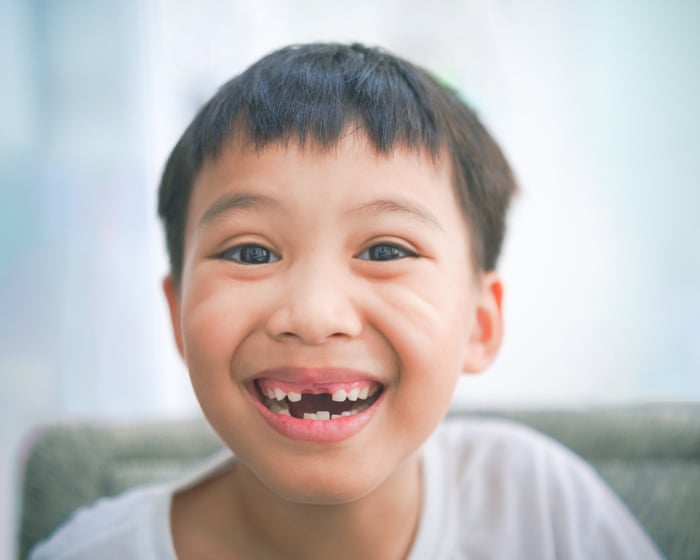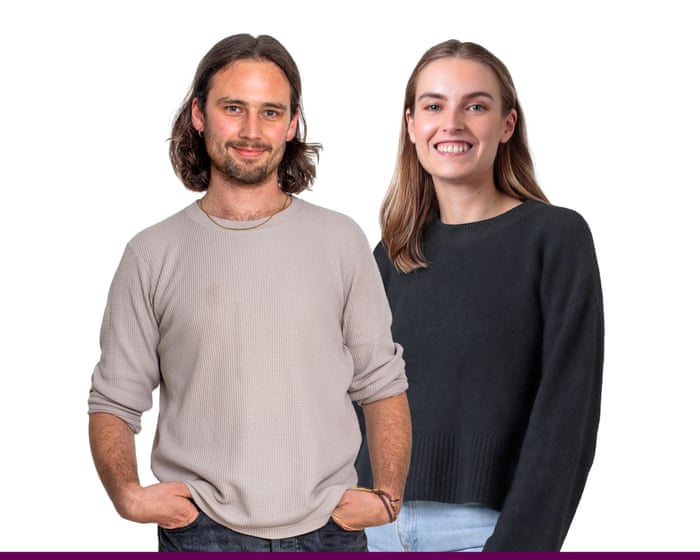An investigation has found that companies are profiting by misleading parents with claims that storing stem cells from their children’s baby teeth could treat conditions like diabetes and autism.
Tooth stem cell banking, also called dental pulp cell banking, involves parents collecting and sending their children’s lost baby teeth to a lab, where stem cells are extracted from the dental pulp. Companies offering this service claim these cells can be used to treat diabetes, autism, and other conditions.
The investigation, conducted by Emma Wilkinson and published in the BMJ, identified three UK companies providing tooth stem cell banking: BioEden, Future Health Biobank, and Stem Protect. The service costs around £1,900 upfront, plus an annual storage fee of £95.
Future Health Biobank states on its website that it has released 26 tooth stem cell samples for treatments, including for autism, type 1 diabetes, and knee cartilage repair. Stem Protect claims on its site that these stem cells can be used for cleft palate repair, HIV/AIDS, and other conditions, adding that medical trials involving dental pulp offer hope for treating hundreds of disorders, including autism and cerebral palsy.
BioEden’s website described stem cell therapy as the “next frontier” for treating both type 1 and type 2 diabetes, claiming the company has seen “remarkable evidence” of progress among its customers.
However, experts have raised serious doubts about the medical value of banking tooth stem cells. Jill Shepherd, a senior lecturer in stem cell biology at the University of Kent, said, “There is a lack of evidence and very little research using dental pulp stem cells to treat patients. There’s no reason to believe stem cells stored from a child’s baby tooth would ever be needed to treat that child.”
Sufyan Hussain, a researcher involved in a global clinical trial on stem cell therapy, noted that there is no clear answer yet on the best source of stem cells for future diabetes treatments. He added, “This is an emotional issue, as parents naturally want the best for their children. While we are hopeful about future treatments, there is a risk that companies could take advantage of these hopes to make money.”
Tim Nicholls, assistant director of policy, research, and strategy at the UK’s National Autistic Society, called it “outrageous” that companies are promoting tooth stem cell banking as a treatment for autism. He emphasized, “Autism is not a disease or illness; it cannot be treated or cured. It is dangerous and unethical to target vulnerable people with expensive procedures that could potentially cause harm.”
In response to the BMJ article, Future Health Biobank said it is reviewing how information on its website is presented to ensure readers can clearly tell the difference between client testimonials and published clinical results.
A spokesperson for Stem Protect stated, “We have not made any unfounded claims, and our website has been reviewed and approved by the Human Tissue Authority. We are committed to presenting stem cell banking as a valuable resource, supported by evidence and transparency.”
Frequently Asked Questions
Of course Here is a list of FAQs based on the report about UK companies making false claims regarding autism and milk teeth
General Beginner Questions
1 What is this report about
Its about a recent investigation that found some UKbased companies are making false and misleading claims to parents They are selling expensive treatments using their childrens baby teeth claiming it can help treat or cure autism
2 What exactly are these companies claiming
They claim that by storing or banking a childs fallenout milk teeth they can use the stem cells inside to develop treatments that can reduce the symptoms of autism or even cure it
3 Is there any proof that banking milk teeth can treat autism
No There is currently no scientific evidence or approved medical treatment that uses stem cells from milk teeth to treat autism These claims are not supported by reputable medical bodies
4 Why are these claims considered misleading
They are misleading because they exploit parents hopes and fears by offering a solution that has no basis in proven science They are selling an expensive service based on false promises
Advanced Detailed Questions
5 What is the actual scientific consensus on autism treatments
Autism is a neurodevelopmental condition not a disease to be cured Evidencebased approaches focus on behavioural therapies educational support and sometimes medication for cooccurring conditions all aimed at helping individuals develop skills and manage challenges
6 What legitimate uses are there for banking milk teeth
The primary legitimate use is for the potential future extraction of stem cells which are being researched for things like regenerating tissue or treating certain diseases However this is still largely in the experimental stage and is not a guaranteed or proven therapy for any specific condition especially not autism
7 Which regulatory bodies are taking action against these companies
In the UK the Advertising Standards Authority has banned ads from some of these companies for making misleading health claims Other bodies like the Competition and Markets Authority may also investigate for potential breaches of consumer protection law
8 How are these companies typically marketing their services
They often use targeted online advertising social media and websites that look scientific and professional They use persuasive language that preys on parents desires to help their children making their unproven claims seem credible
Practical Advice Red Flags



